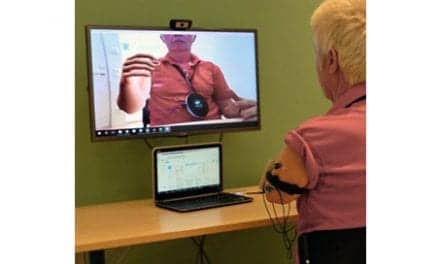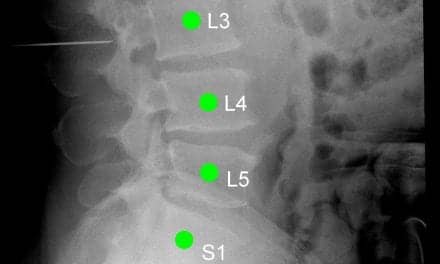A study funded by a grant from ROHO Inc suggests that handheld ultrasound, rather than the research standard seated MRI, could be a viable tool for assessing anatomical structures and identifying risk factors of deep tissue injury.
In addition, the authors—Dr David Brienza from the University of Pittsburgh and Dr Amit Gefen from Tel Aviv University, as well as industry collaborator and co-author Kara Kopplin, senior director of efficacy and research at ROHO Inc—suggest that the potential exists to develop a patient-specific ultrasound tool to be used at bedside to assess and classify a patient’s risk level for deep tissue injury.
This assessment and classification could therefore help clinicians choose appropriate interventions for the patient, such as specific wheelchair cushions, or tilt and recline power wheelchairs, to reduce the risk of deep tissue injury, notes a media release from St Louis-based ROHO Inc.
The study, “Feasibility of Freehand Ultrasound to Measure Anatomical Features Associated with Deep Tissue Injury Risk,” was published recently in Medical Engineering and Physics.
In the study, the authors analyzed the differences between the test modalities and measurement outcomes of ultrasound and seated MRI. They conclude, per the release, that ultrasound can be used to easily see and measure a key patient-specific risk for deep tissue injury.
Using seated MRI, the release explains, an image is taken to capture the shape and thickness of the soft tissues and the pelvic bone structure, and the distortion of the tissues can be seen and measured during sitting. Additionally, biomechanical computer models can quantify the internal tissue stresses, which contribute to deep tissue injury.
However, this approach is not convenient or financially practical in the clinical setting. Ultrasound technology, in contrast, is more economical, more available, and can be used at the bedside or in the seating clinic.
“ROHO Inc was pleased to partner with both the University of Pittsburgh and Tel Aviv University to conduct this study, which can provide an important bridge from academic research to a possible clinical risk assessment to ultimately help clinicians provide better outcomes for value-based healthcare,” Kopplin says in the release.
ROHO Inc is a business unit of Permobil, headquartered in Lebanon, Tenn.
[Source: ROHO Inc]





